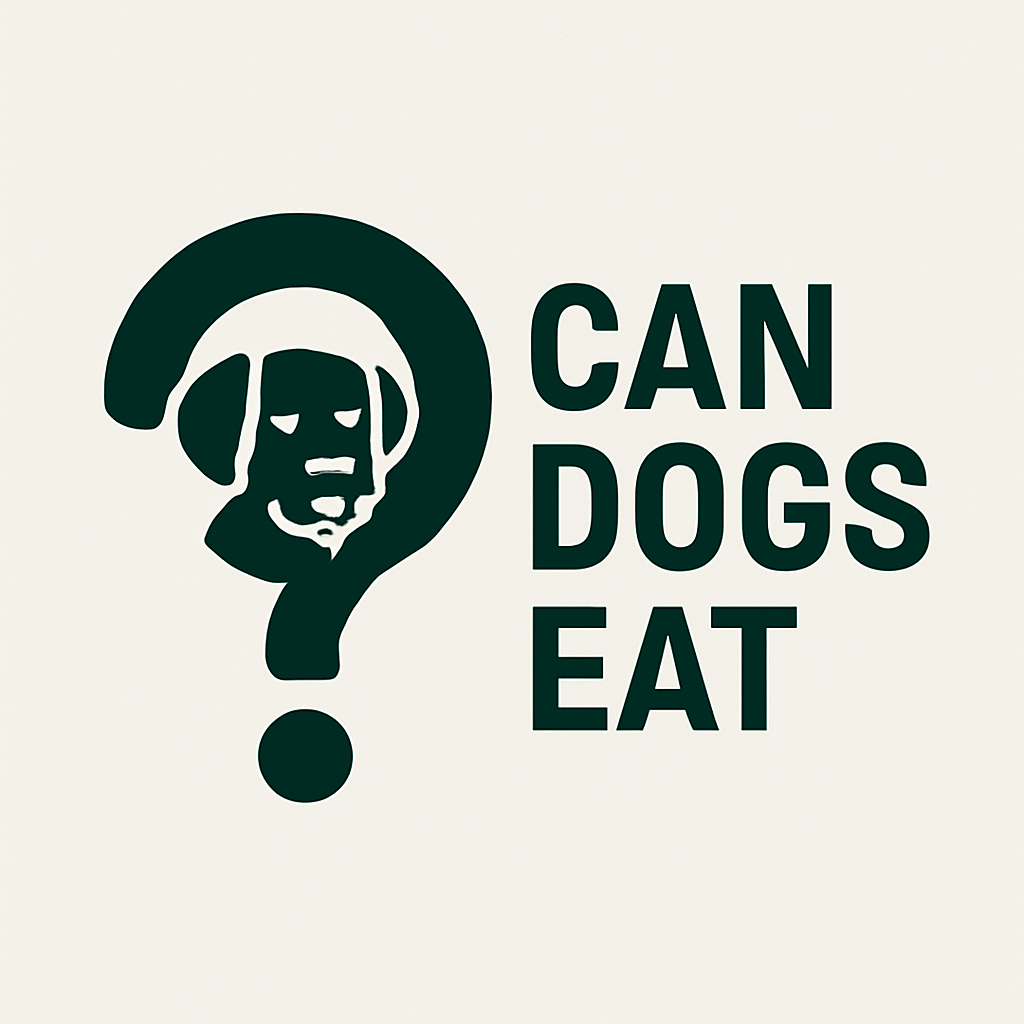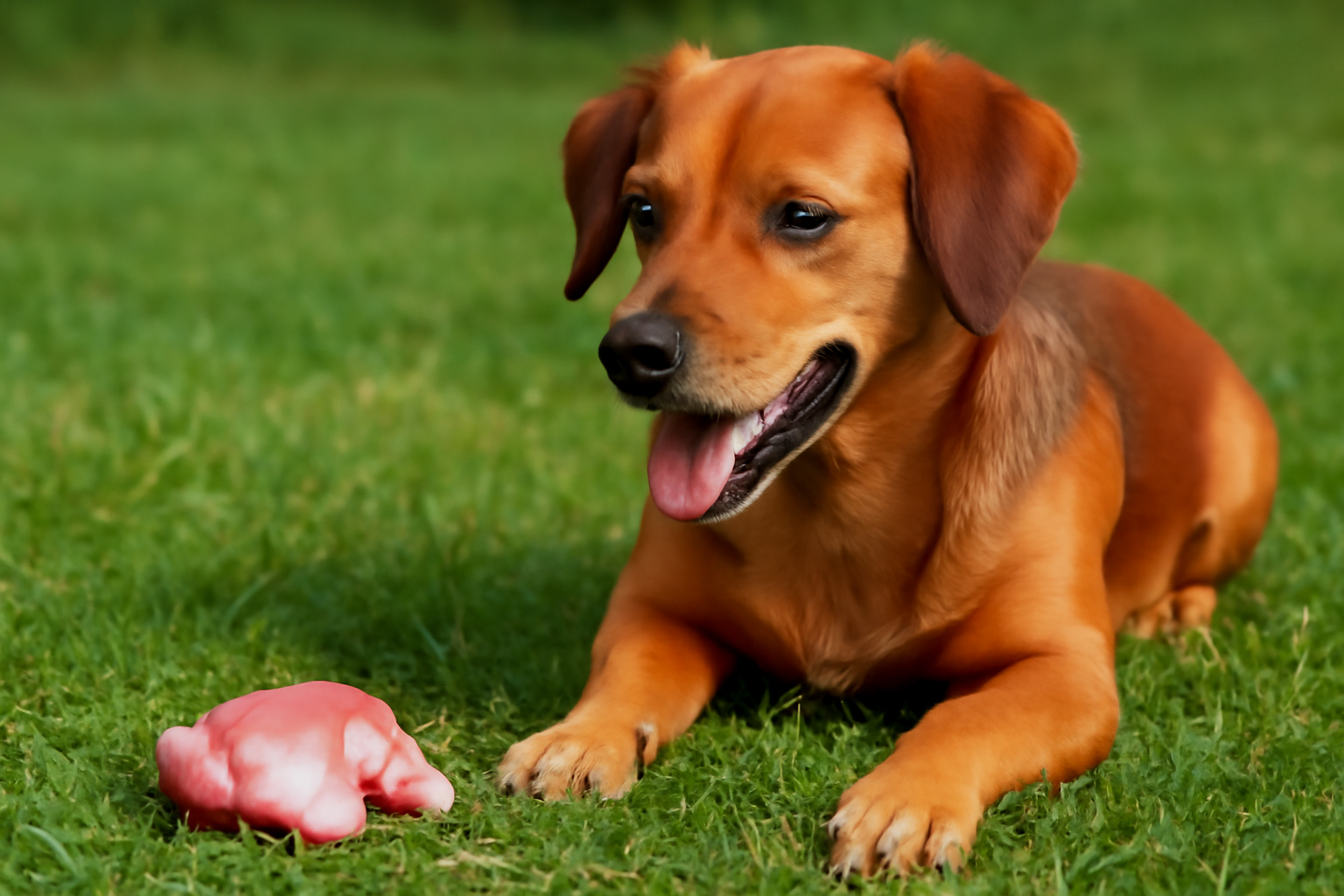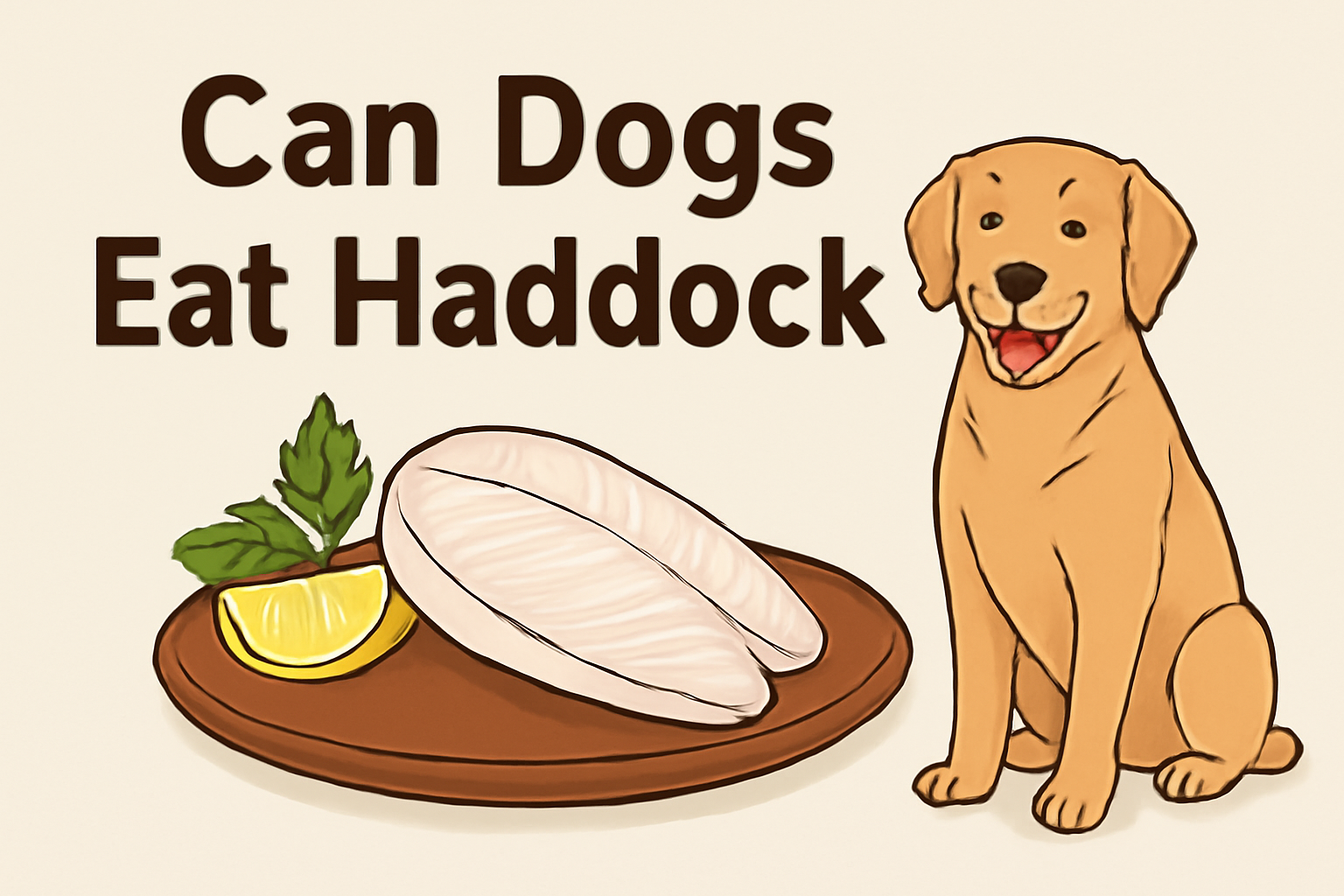Can Dogs Eat Deviled Eggs? 🐕🍳
If you’re a dog lover, you might have thought about sharing your food with your furry friend. After all, we love our dogs like family, right? But before you offer them a bite of that delicious deviled egg, it’s important to know whether it’s safe for them to eat. So, can dogs eat deviled eggs? Let’s dive into the details and find out the best food choices for your dog.
What Are Deviled Eggs? 🍽️
Before we talk about whether dogs can eat deviled eggs, let’s first understand what they are.
Deviled eggs are a popular snack made from hard-boiled eggs, cut in half and filled with a creamy mixture. The filling typically includes ingredients like:
- Mayonnaise 🥄
- Mustard 🌰
- Vinegar 🍷
- Salt 🧂
- Pepper 🌶️
- Paprika for garnish 🌶️
These ingredients create a tangy, flavorful treat for humans, especially during parties, picnics, or holiday gatherings. But, are they healthy for dogs?
Can Dogs Eat Deviled Eggs? 🤔
In short, dogs should not eat deviled eggs. While eggs themselves are generally safe for dogs in moderation, the ingredients commonly used in deviled eggs can be harmful or unhealthy for them. Let’s break it down:
1. Mayonnaise 🥄
Mayonnaise is one of the main ingredients in deviled eggs, and while it’s not toxic to dogs, it’s high in fat. Dogs who consume too much fat may experience upset stomachs, diarrhea, and even more serious issues like pancreatitis, a painful inflammation of the pancreas. So, avoid giving mayonnaise-laden foods to your dog.
2. Mustard 🌰
Mustard is commonly added to deviled eggs, but it’s not safe for dogs. Mustard seeds contain compounds that can cause gastrointestinal upset, including vomiting and diarrhea. Dogs who consume mustard can suffer from stomach pain and discomfort.
3. Vinegar 🍷
Vinegar, another common ingredient in deviled eggs, isn’t toxic to dogs in small amounts, but it can cause stomach upset. The acidity in vinegar can lead to heartburn, gas, or even more severe digestive issues.
4. Salt 🧂
Too much salt is never good for dogs. Consuming excessive salt can lead to dehydration, kidney issues, and even salt poisoning in extreme cases. The amount of salt in deviled eggs is typically not toxic in a small serving, but it’s best to avoid giving dogs salty foods.
5. Garlic and Onion Powder 🌶️
Some deviled egg recipes contain garlic and onion powder, which are toxic to dogs. Both garlic and onion contain compounds that can cause damage to red blood cells, leading to anemia. Even small amounts of these ingredients can be harmful to dogs, so be cautious if your deviled eggs have any of these added.
The Safe Option: Boiled Eggs for Dogs 🍳🐕
So, if deviled eggs aren’t a safe option for your dog, what can they have? The good news is that plain boiled eggs are safe and healthy for dogs in moderation. 🐾
Why Boiled Eggs Are Safe for Dogs 🥚
- Protein: Eggs are a great source of high-quality protein, which is important for muscle growth and repair.
- Vitamins: Eggs are rich in vitamins like Vitamin A, Vitamin B12, and riboflavin, which contribute to good skin, eye health, and energy levels.
- Healthy Fats: Eggs provide healthy fats that are beneficial for your dog’s coat and overall health, but remember to feed them in moderation.
How to Serve Boiled Eggs to Dogs 🍽️
- Always remove the shell before serving. The eggshell can be a choking hazard.
- Serve plain: Make sure the eggs have no added seasoning or ingredients like salt, butter, or oil.
- Moderation is Key: While eggs are healthy, they should be served as an occasional treat and not as a regular meal.
Nutritional Value of Boiled Eggs for Dogs 🥚
Here’s a simple table of the nutritional value of a boiled egg to understand how it benefits your dog:
| Nutrient | Amount per 1 Boiled Egg |
|---|---|
| Calories | 70 kcal |
| Protein | 6g |
| Fat | 5g |
| Carbohydrates | 0.6g |
| Fiber | 0g |
| Vitamin A | 270 IU |
| Vitamin B12 | 0.6 mcg |
| Iron | 0.6 mg |
As you can see, boiled eggs are packed with protein, healthy fats, and essential vitamins that contribute to your dog’s overall health. However, always feed eggs in moderation to maintain a balanced diet.
Why Can’t Dogs Have Deviled Eggs? 🚫🐕
While eggs themselves are not harmful to dogs, deviled eggs are a different story due to the ingredients used to make them. Here’s a breakdown of why deviled eggs aren’t suitable for dogs:
1. High in Fat 🥓
Deviled eggs often contain mayonnaise, which is loaded with fat. Too much fat can lead to digestive issues and even more serious health problems like pancreatitis, which is a condition that inflames your dog’s pancreas.
2. Seasonings and Spices 🌶️
Ingredients like mustard, garlic, and onion powder are commonly added to deviled eggs. As mentioned earlier, garlic and onion are toxic to dogs and can cause damage to red blood cells and lead to anemia. Even small amounts can be dangerous.
3. Excessive Salt 🧂
Many deviled egg recipes use salt for flavor, and while a tiny bit of salt isn’t immediately harmful to dogs, too much salt can cause dehydration, kidney damage, and salt poisoning. It’s always best to avoid salty foods for your dog.
What To Do If Your Dog Eats Deviled Eggs 😟
If your dog eats a small amount of deviled egg, they may not experience any immediate effects, but it’s important to monitor them for any symptoms of discomfort. Here’s what to look out for:
Signs of Upset Stomach or Poisoning:
- Vomiting 🤮
- Diarrhea 💩
- Lethargy 😴
- Loss of appetite 🍽️
- Stomach pain or bloating 🤕
If you notice any of these symptoms, contact your veterinarian right away. In some cases, prompt treatment may be needed to avoid more serious complications.
FAQ: Dogs and Deviled Eggs 🐶🍳
Q1: Can dogs eat eggs at all?
Yes! Dogs can eat plain boiled eggs in moderation. They are a healthy source of protein and vitamins, but avoid adding any seasoning, salt, or butter.
Q2: What happens if my dog eats mustard or mayonnaise?
If your dog eats a small amount of mustard or mayonnaise, they might experience mild gastrointestinal upset like vomiting or diarrhea. However, if they consume a large amount, it could cause more serious issues like pancreatitis or salt poisoning.
Q3: Can deviled eggs cause salt poisoning in dogs?
Yes, salt poisoning is a potential risk if your dog eats too much salt. Symptoms can include vomiting, diarrhea, tremors, and even seizures in severe cases.
Q4: Can I give my dog scrambled eggs instead of deviled eggs?
Plain scrambled eggs are safe for dogs as long as they’re cooked without butter, oil, salt, or seasonings. Serve them in moderation and make sure to avoid any additives that could harm your dog.
Q5: How many eggs can I give my dog?
Generally, one egg per day is a safe amount for most dogs, but it’s important to factor in your dog’s size, age, and overall diet. Too many eggs could upset their stomach or add unnecessary calories.
Conclusion: Keep Your Dog Safe with Simple, Healthy Treats 🐾
While deviled eggs might be tempting to share with your dog, they are not a safe option due to the harmful ingredients like mustard, mayonnaise, and garlic. Instead, stick to giving your dog plain boiled eggs in moderation, as they provide excellent nutrition and protein without the added risks. 🥚🐕
Remember, your dog’s health and safety should always come first. If you’re ever unsure about whether a food is safe for your dog, it’s always a good idea to consult your veterinarian. By choosing the right treats and being cautious about what they eat, you can ensure that your dog stays happy and healthy for years to come. 🐕💖
I hope this blog helps clarify whether deviled eggs are safe for your dog and gives you some useful tips for healthy dog treats! Let me know if you need more information or adjustments. 😊




